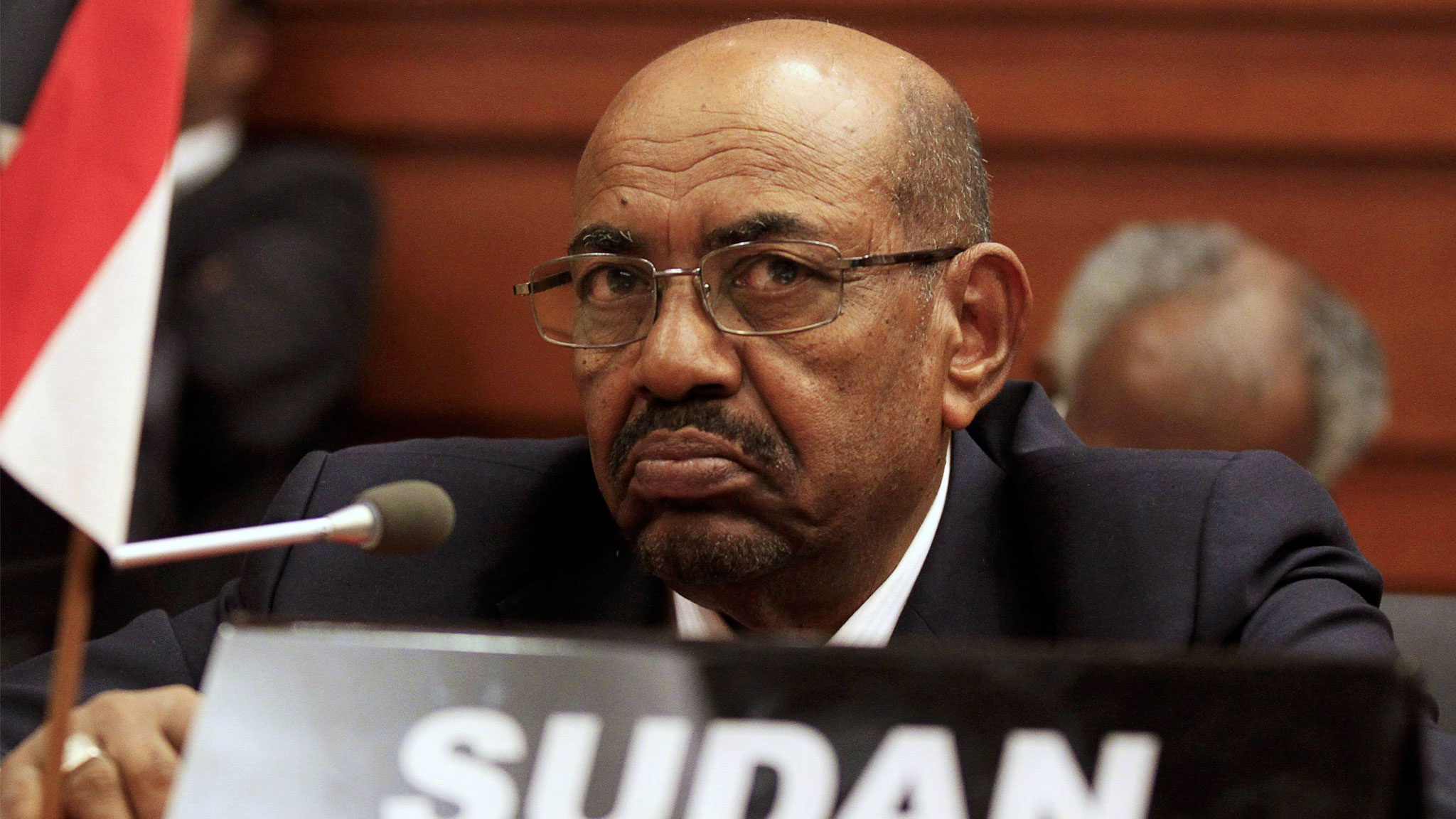Government will appeal the High Court in Pretoria’s ruling regarding Sudanese President Omar al-Bashir.
“Government has decided to appeal the recent High Court (Gauteng) judgment on the matter relating to President of Sudan Omar al-Bashir,” spokesperson Phumla Williams said in a statement on Monday.
“The reasons for the appeal will be contained in the affidavit that will be submitted within the prescribed due date.”
No further details were given.
On June 15, the court ruled the failure to detain Bashir when he was in South Africa attending an African Union summit was inconsistent with the Constitution, and he must be detained pending a formal request from the International Criminal Court (ICC).
But following the order, William Mokhari, SC, for the government, told the court that Bashir had left South Africa.
He said the state security minister had informed him that the circumstances of Bashir’s departure would be investigated.
The judges then made an order requesting that an affidavit must be filed by the minister in the presidency and the state security minister on how Bashir managed to leave the country.
He is wanted by the ICC on charges of genocide and crimes against humanity committed in Darfur, which left 300 000 people dead.
The following week, the court gave its reasons for the ruling.
Principle of law
Judge President Dunstan Mlambo said ignoring the principles of the rule of law would lead to democracy crumbling ”stone by stone”.
The court suggested that the National Director of Public Prosecutions (NDPP) investigate how South Africa violated a court order preventing Bashir from leaving the country.
Mlambo explained that ahead of the AU Summit in Sandton earlier in June, it was decided at a Cabinet meeting and later published in the Government Gazette that all delegates and staff attending the African Union Summit would enjoy immunity. It did not say heads of state.
This decision was taken in terms of a convention of the AU’s predecessor, the Organisation of African Unity, which extended immunity to delegates travelling to Pan African summits, and South Africa’s ”Immunities Act”.
But he said the Rome Statute specifically excludes heads of state from immunity from prosecution, and so South Africa was consequently obliged to arrest and surrender him.
The Immunities Act at its highest confers discretion on the Minister of International Relations to confer immunity, ”but she must exercise that lawfully”, he continued.
The Immunities Act and the African Union’s decision to grant immunity to delegates did not trump South Africa’s obligations under the Rome Statute. News24






 WhatsApp us
WhatsApp us 

